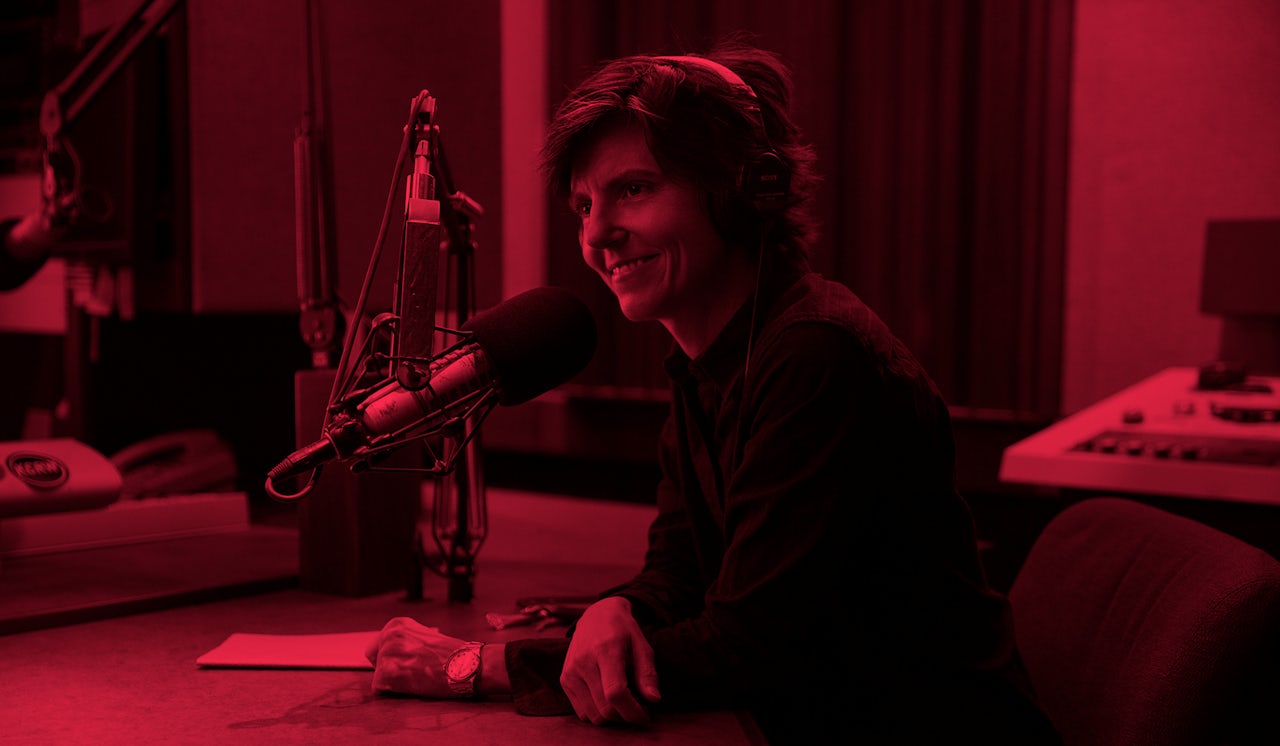People often gauge the progress of American society by how progressive our family comedies are, and many have found hope in the gradual evolutions of such shows to tell the stories of more diverse people: gay parents, interracial marriage, interracial adoption, people living with mental illness, and so on. These changes are incremental and hard-won, and often are homogenous in their own rights, favoring well-off nuclear families living in America’s major cities and their suburbs. Telling truly diverse stories from truly diverse storytellers is still, for many networks and platforms, a feat so rare that when it’s accomplished, it is celebrated to exhaustion.
With the announcement Wednesday that Amazon is canceling One Mississippi — along with two other of its original series, I Love Dick and Jean-Claude Van Johnson — audiences are losing yet another of one of the few shows telling a unique story that made it to a major platform. Created, written, executive produced by, and starring Tig Notaro, the semi-autobiographical dark comedy centers on the main character (also named Tig) as she returns to her hometown of Bay St. Lucille, Missisippi in the wake of her mother’s death and her own double mastectomy. There, she moves in with her step-father and brother, and continues recording her Los Angeles radio show from a local station.
Not only that, but shows about women above the age of 30, let alone queer women, are few and far between.
One Mississippi is great. It’s sharp, it’s funny, and I actually like the characters, and feel invested in what happens to them. Plus, it’s a viewpoint I’ve never seen before on television, and one I’m not often exposed to in my own life. I don’t live in the South and rarely in pop culture can I find unsensationalized, intimate depictions of communities in the South delivered by someone who calls it home. Much of television would have you believe gay people only exist in major cities, if they exist at all, and that the only legitimate way to portray queerness is in a marriage complete with kids. Not only that, but shows about women above the age of 30, let alone queer women, are few and far between. Amazon is the only place I knew of to find a show about a middle-aged, queer, woman living and dating in the South. Unless another network picks up the show, everything that One Mississippi offers will be stunted at two good seasons until another studio bigwig decides to give an artist with a new story an opportunity few of them get with ease: a show that will draw viewers and make the company look just a bit less like the soulless corporation it is.
One Mississippi’s third season on Amazon was set to be a triumphant one. Notaro, who had long been trying to distance herself from the show’s executive producer Louis C.K., said she was relieved was he was removed from the show following a November New York Times report that outed him as a serial abuser. Around the same time, fellow sexual harasser Roy Price resigned from heading Amazon Studios. This next season could have been the show’s first without these two jerks weighing over the production. Not only that, but new narrative ground was about to be broken, as the long-simmering romantic relationship between Tig and producer-turned-love interest Kate was finally, finally going somewhere.
Instead, it looks like a small irony that the last two episodes of One Mississippi’s now final season concern workplace sexual harassment. When Kate has a meeting with their boss at their new production studio, he masturbates in front of her. (Reminder: This is what Louis C.K. did to his female friends and coworkers.) Tig and Kate report him to the CEO, who tells them that their boss will keep his job while HR investigates. Afterward, they take to their radio show, where Tig talks openly about being molested by her step-grandfather and the two talk about sexual harassment and assault. They end by imagining a service that is like a “yellow pages but for men you should avoid” that could be specialized by company or community.
In recent months, Amazon Studios has been very clear about wanting its own Game of Thrones franchise, in an attempt to drive more attention to its still-growing streaming service. Its desire for an analogue was crystal when, in November, it reportedly purchased the rights to Lord of the Rings for $250 million without a concept, cast, or crew. This Lord of the Rings show will likely be more popular than One Mississippi, yes, but nobody besides a shareholder (or perhaps a member of The Tolkien Society) could honestly claim it’s a more vital idea.
At least the first two seasons of One Mississippi will always be great to watch in retrospect, and appreciated for their understated style and frank storytelling. But the show’s cancellation in its prime — and at a time when companies are trying their hardest to prove that they care about women, their work, and their safety — will be remembered as another moment where the industry pivoted to more of the same.
